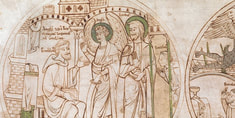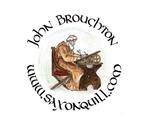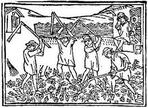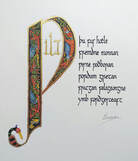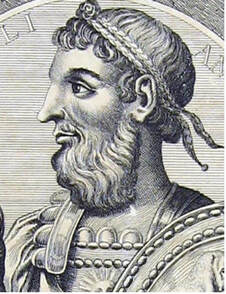 The American engineer and magnate Henry T. Ford once famously said history is bunk. He spent many years under attack for this, including in a Chicago libel case against The Tribune. This unfortunate turn of phrase might have set me against Americans in general, but I know better. An American president, Harry S. Truman said, there is nothing new in the world except the history you do not know. Apart from the wisdom in those words, one of my favourite all-time historical novelists is an American: Gore Vidal. He wrote a wonderful novel titled Julian about the last apostate Roman emperor. It takes courage to write over 400 pages on imperial Rome in the modern literary marketplace, throw in ancient philosophy, old gods and you’d think it might be a cure for insomnia, but Vidal is a master of storytelling and he wrote a compelling biography, full of gripping dialogue and a plot full of twists and turns. Emperor Julian American literary critic, D. Driftless wrote: “Julian is a compelling, albeit unflattering, look at Christianity’s rise as a world religion during the 4th century, as seen through the eyes of one of its most prominent opponents. I strongly recommend it to those who’ve enjoyed Vidal’s other work, but would recommend Burr or Lincoln for those who are new to his historical novels, as they show him at the top of his form and are more accessible to the modern American reader.” I make no apology for digressing about Gore Vidal - the pleasure is mine! But I will return to my argument. I firmly believe that historians supply us with the facts, historical novelists with the empathy. Hence, why Vidal’s style of historical fiction is superior to traditional history writing, making for a more entertaining and memorable product, while still relying on the actual facts. As a writer of historical fiction, I’m trying to achieve something better than a simple reconstruction of history. I’m attempting to create an immersive story that brings interesting characters to life while simultaneously capturing something essential, not only about the historical setting, but also about the deeper truths of human existence. Historical fiction reflects the mistakes and triumphs of those who have gone before us, showing how events affected people by personalizing them, making them resonant and emotional, in individual stories. Seen from this perspective, history is a window into our future. It’s an inescapable fact that people are creatures of habit. Therefore, they live their lives in a series of patterns and reactions. By studying these patterns in the lives of the great, but also the common man from the past, we can predict the future. We can prepare ourselves and even take a stand now.Historical novels don’t just tell us what happened; they make us feel. They create empathy for what other people went through in different times, in a way that is divorced from our own political situation today. We can better understand where female emancipation – the suffragettes – came from if we’ve read Pride and Prejudice. Jane Austen teaches us about an age where a woman’s economic survival depended on whom she married or if she married at all. It’s hard for me to imagine a modern feminist who hasn’t read Austen! There are some amazing novels about the nascent Nazi Germany and I’m convinced that however powerful autobiographies and biographies are in the right hands, there’s nothing as emotionally powerful as the prose of a skilled historical novelist. We can learn from being transported by words not to be transported in cattle trucks! That is, if we learn the lessons of history.  Get a free eBook!Join my newsletter & receive a free digital copy of Heaven in a Wildflower, book 1 of my St. Cuthbert Trilogy, as well as monthly news, insights, historical facts, & exclusive content delivered straight to your inbox! Thank you!You have successfully joined my mailing list!
0 Comments
Leave a Reply. |
To buy your copy of Rhodri's Furies click the link below:
https://www.amazon.co.uk/Rhodris-Furies-Ninth-century-Resistance-incursions-ebook/dp/B0BPX9C2D3/ |
